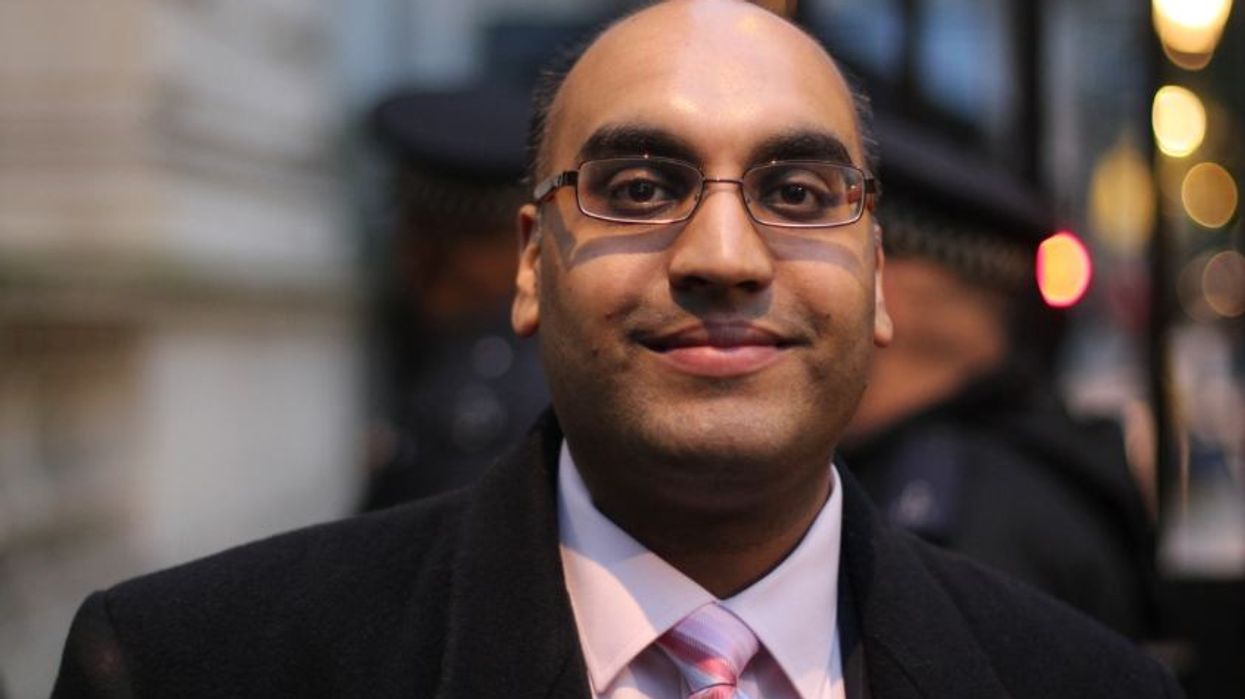THE chief executive of India Business Group (IBG), Amarjit Singh, has joined the international advisory board of QS IGAUGE, world leader in education rankings, ratings, and analytics services.
A subsidiary of UK based QS Quacquarelli Symonds, QS IGAUGE rates universities, colleges, and schools in India to promote international excellence, a statement said.
“QS IGAUGE is the epitome of setting high standards in education, and it is an honour to be invited to join its advisory board. The world-wide pandemic has limited global movement, and that will continue for some years to come. It is a big opportunity for anyone who is willing to grasp it," said Singh, a lawyer, and recognised thought-leader on India-UK business.
"For UK universities, this is an opportunity to maximise links. They can teach in India, and the world class universities will offer exchange programmes between Indian and British students.”
Currently, 18 UK universities are ranked in the top 100 of QS World University Rankings, among them is the University of Southampton where Singh is a special adviser for India.
His appointment comes just four weeks after the UK government published its international education strategy to promote global educational links.
The scheme will be backed by over £100 million, providing funding for around 35,000 students in universities, colleges and schools to go on placements overseas, starting in September 2021.
“We are delighted that Amarjit has accepted our invitation to join our board of advisers,” said Dr Ashwin Fernandes, CEO, and director of QS IGAUGE.
"As an organisation contributing to the knowledge space in India, we have ambitious plans to engage with higher education institutions and students with some key initiatives in collaboration with Amarjit."
IBG specialises in helping organisations develop bilateral trade and investment opportunities between the UK, EU and India markets.





